Globally consumed at the rate of two billion cups a day, coffee is the world’s second most traded commodity. The market pressures that result from this high demand can push producers to commit labor rights abuses as severe as human trafficking. This is a concern especially in regions affected by poverty, where vulnerable communities are more susceptible to exploitation. In order to minimize human rights violations within this industry, it is up to us, the consumers, to demand products that hail from a fair, transparent supply chain. We have the power and responsibility to hold enterprises accountable and call for a shift in labor practices.
That’s why I’m leading the Conscious Coffee Project. Sponsored by the Anti-Trafficking Coalition at Berkeley, Conscious Coffee is an effort to foster a supportive network of cafes near the UC Berkeley campus that sell ethically sourced coffee. We will feature this network on a website and app geared toward students, both of which will serve as informational tools while operating through a financial incentive– users who frequently shop within the network can earn rewards like a free cup of coffee from their favorite cafe
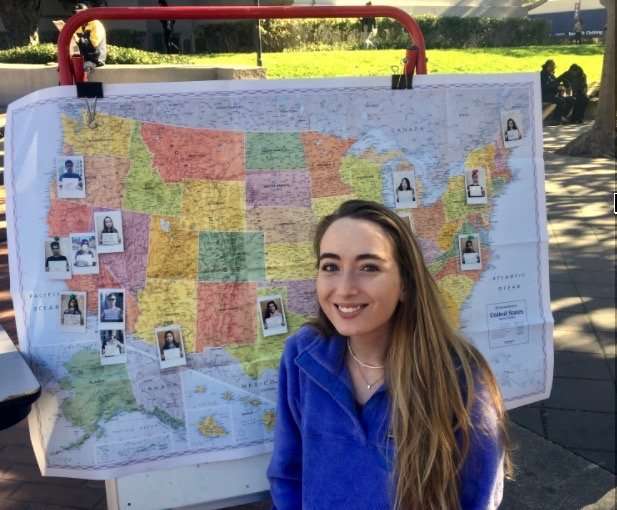
Because human trafficking is such a huge, complex phenomenon, it can be difficult to figure out how to work toward its eradication in a meaningful way. My internship at Not For Sale this semester has taught me that it is not enough to throw money at a cause, trying to fix the problem after the damage has already been done. We must seek innovative solutions to prevent vulnerability to exploitative situations from taking root in the first place. As consumers and changemakers, our voices and minds are integral to the abolition movement. Together, through entrepreneurship, innovation, and technology, let’s stand up for our values and make a sustainable impact!
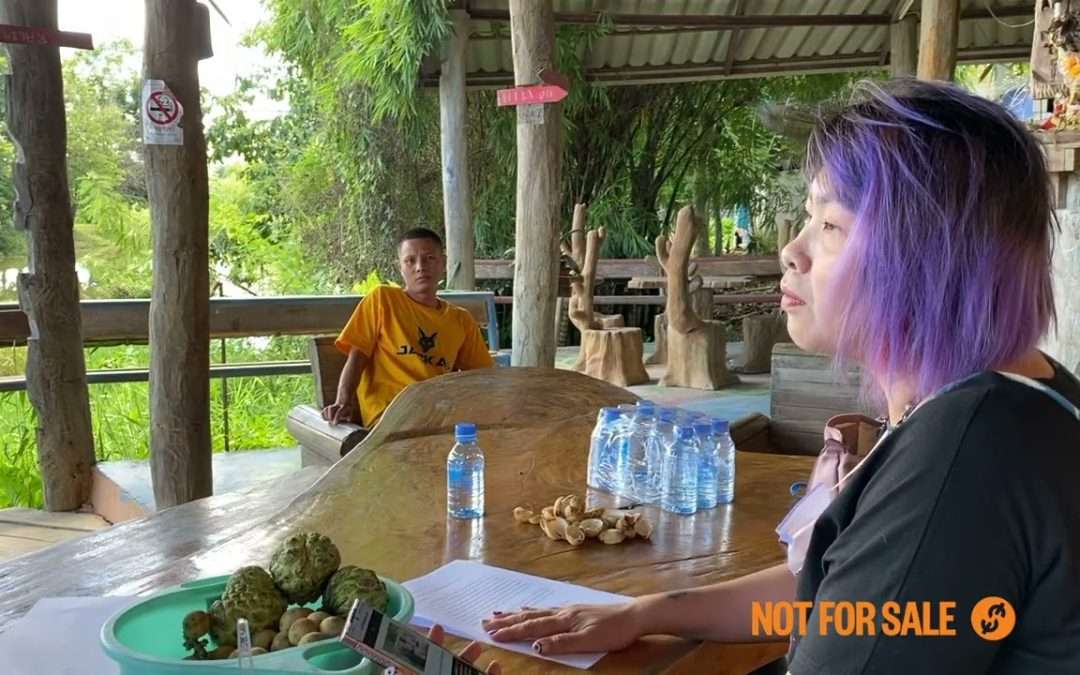
Not For Sale – Thanksgiving 2023 Message from David Batstone
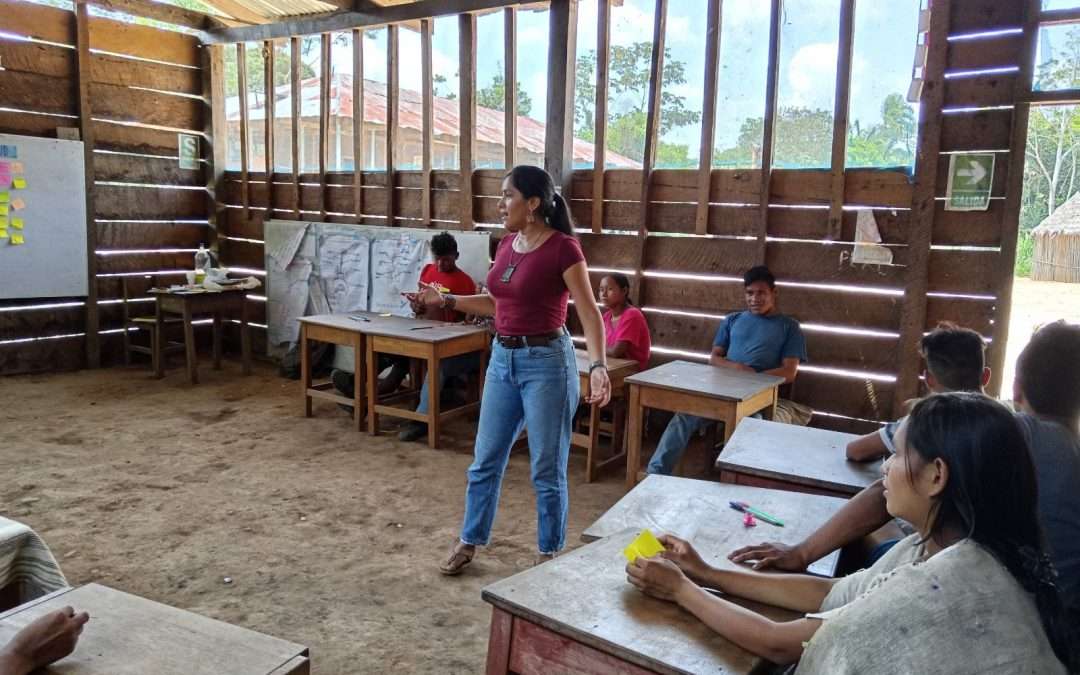
How You Help Transform Lives
Dear Not For Sale Friend & Supporter, As we progress towards Giving Tuesday, we're excited to share a heartening glimpse into the transformative work happening at Not For Sale. Our mission goes beyond only providing immediate aid; it's about nurturing long-term...

Japan
BackgroundJapan faces significant challenges with human trafficking, manifesting in labor exploitation, particularly among foreign technical interns and students, and the sexual exploitation of Japanese nationals, including coercive involvement in the adult...
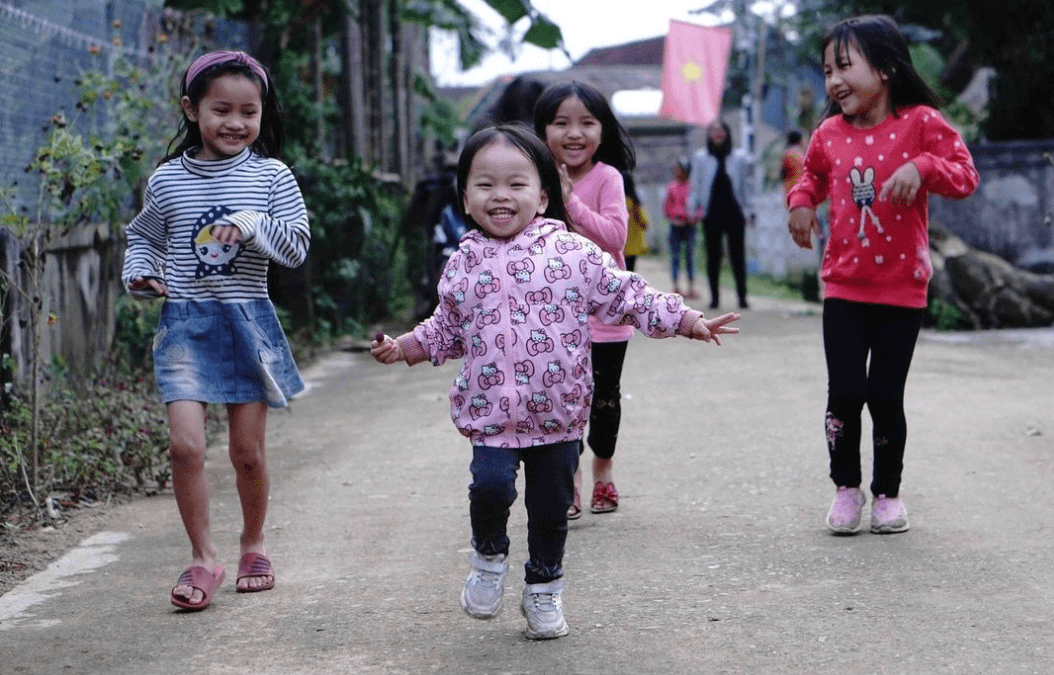
Fighting Human trafficking with Not for Sale
Types of Modern-day Slavery and Human Trafficking Firstly, what are the types of Modern-day slavery? It encompasses various forms of exploitation and forced labor, often involving the coercion and control of individuals. Some of the most common forms include: ...
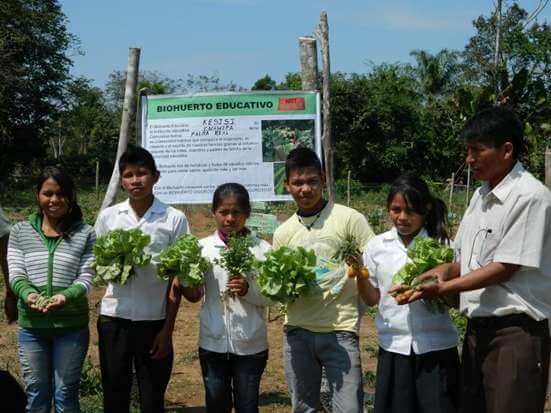
Empowering Change: Aydee Chaeta’s Inspiring Journey
In the heart of Madre de Dios, a region of the Peruvian Amazon, a remarkable journey unfolds through the life of Aydee Silva Chaeta Saavedra, a beacon of hope from the Palma Real Native Community. A Decade of Dedication Over a decade ago, Palma Real sought our...
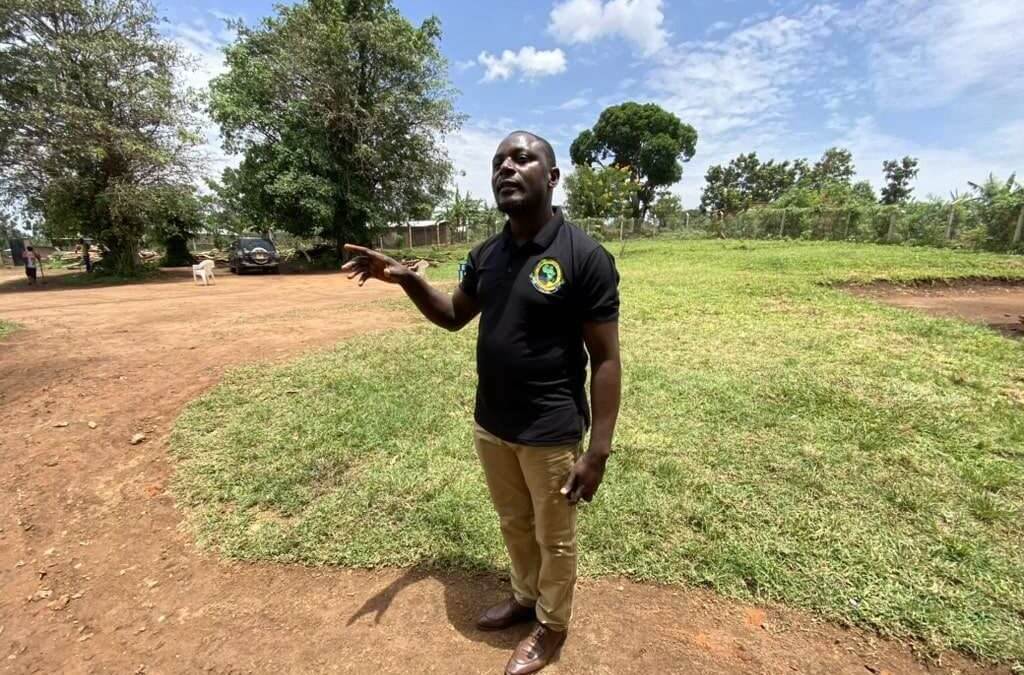
Uganda: Inspirational Video Update
🚨🎥🇺🇬 Inspiration Alert 🚨🎥🇺🇬 In 2018 Not For Sale invited refugees throughout Uganda to apply to join our Entrepreneurship Challenge where we provided training, support, and funding to help start or grow local businesses that also helped their respective communities....

